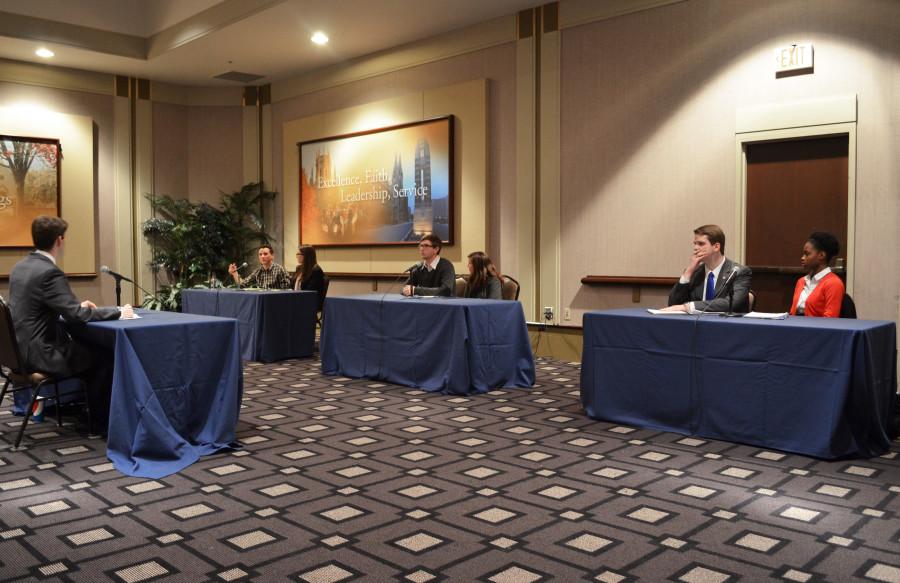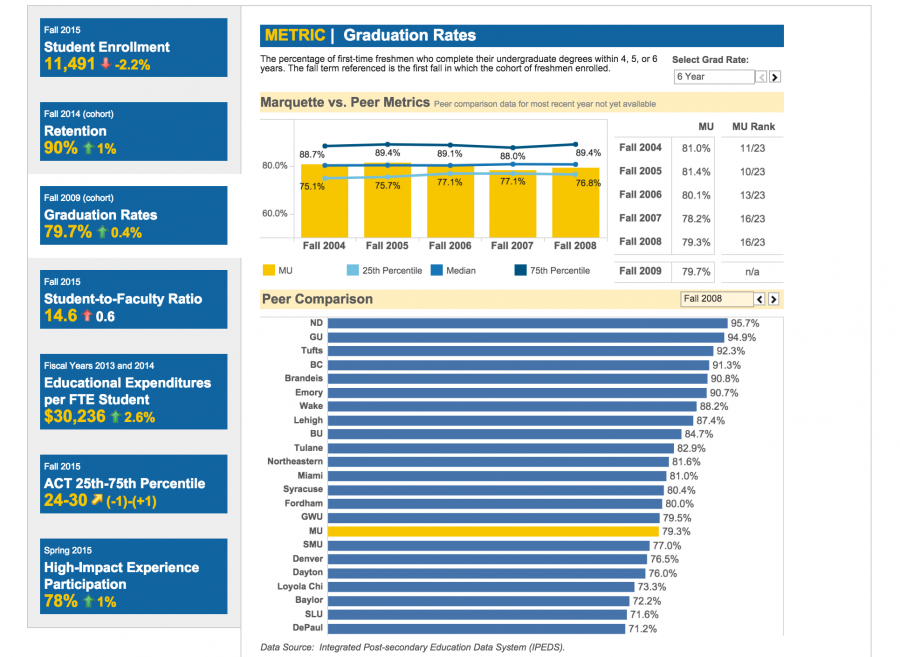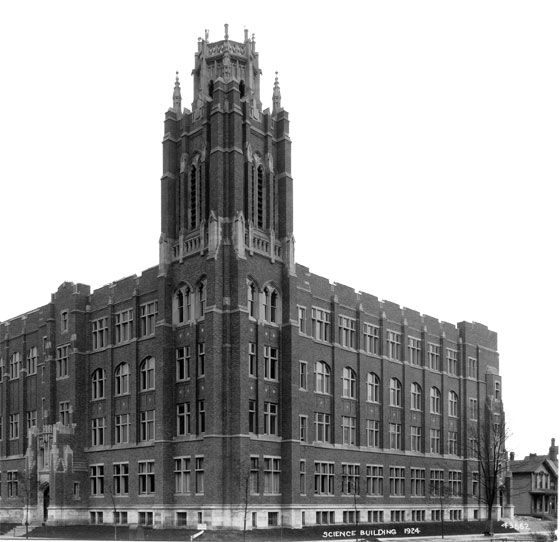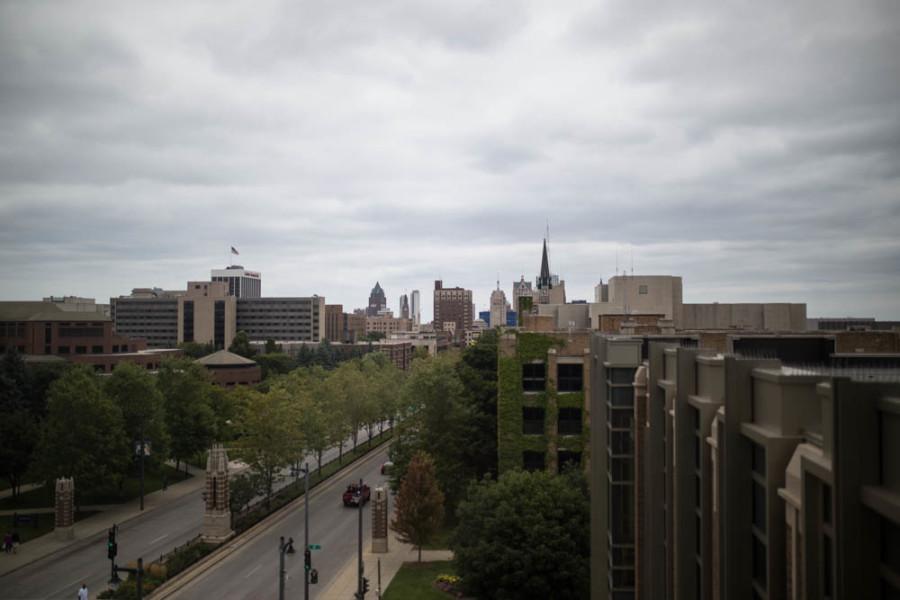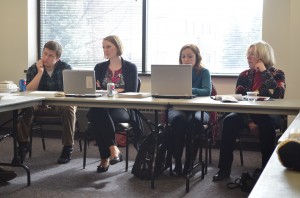
The Office of the Provost, in conjunction with Marquette Student Government, hosted the first of two student focus groups Wednesday to review the prototype advising evaluation survey. A similar focus group will be held Thursday at noon.
Attendees were asked to review the office’s preliminary advising evaluation survey, which also featured sections for students to self-evaluate.
Alexandra Riley, the director of the Office of Institutional Research and Analysis, hosted Wednesday’s focus group and said it was very successful.
“I think we got some incredible feedback from students that is going to help us refine this instrument and make it more useful for advisors,” she said.
Riley added that when the Office of the Provost built the survey, it used the advising philosophy in the undergraduate bulletin as its foundation and also looked at approaches taken by other institutions. The National Academic Advising Association also provided significant resources.
Anne Deahl, the associate vice provost for academic support programs and retention who spearheaded the effort for the provost’s office, said the process began out of an interest in finding out how to improve the advising process within specific colleges.
“General surveys have been conducted in the past with regard to advising satisfaction, but beyond overall satisfaction with the process, results have not helped us learn which aspects of the advising process could be improved and in which colleges,” said Deahl, who also spoke on behalf of Interim Provost Margaret Callahan and Vice Provost for Undergraduate Programs and Teaching Gary Meyer. “Knowing the specific elements of the advising relationship that we can improve can help us enhance the experience for both the student and the advisor.”
Deahl met with MUSG President Sam Schultz, a senior in the College of Arts & Sciences, and MUSG Academics Committee Chairman Zack Wallace, a sophomore and an academic senator for the College of Arts & Sciences, on Feb. 6 to share their plan for the pilot program and seek input. Schultz started working on advising reform during his days as a senator and made the issue a focal point during last spring’s presidential elections.
“I’m excited about the opportunity for this to move forward,” Schultz said. “It means a lot. It means that the work the people did before me on advising and the work that I did has mattered and the university has heard us. It also matters because it shows that (the university) is committed to working on this. This is only a pilot and I’ll be gone by the time that this goes into full effect, but it shows that the university is committed to making advising better for students.”
Schultz said he thinks the survey he saw will provide a “missing link” that the university and MUSG have not had in the past. MUSG had previously received anecdotal information about the advising process from students, and advising evaluations will help quantify that information.
He also said his ultimate hope for advisor evaluations is twofold. First, he hopes to increase student awareness and understanding of the advising process and its benefits. Second, he hopes it will allow the university to hold advisors accountable in the same way teachers are held accountable for their teaching and research.
“Advising is one of (the main tasks) that they weren’t evaluated on before,” Schultz said. “I think this is one of the keys towards making sure that Marquette professors are doing every part of their job well.”
Wallace said MUSG does not expect to be involved in the development process moving forward, but said MUSG will take a leading role in student outreach.
Deahl said it has not been decided how advising evaluation will be conducted beyond the pilot program that will be given to a select group of students in late March. She said the provost’s office and the deans will evaluate the process before making a determination on how often and how widely it is used.
Deahl said a similar focus group for advisors is planned for the near future.




